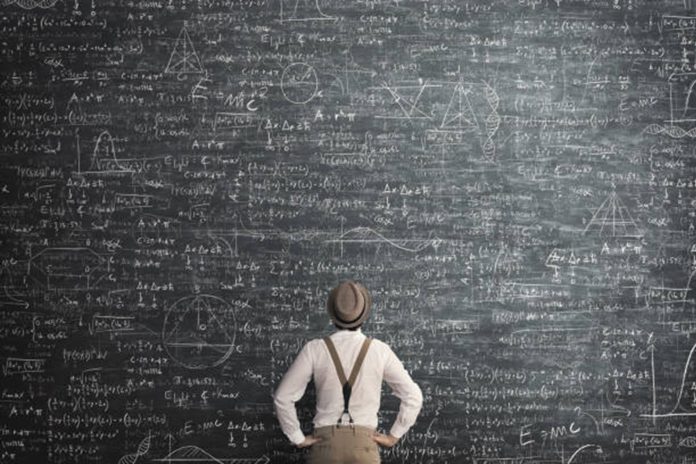Mostly in modern times has the notion really caught on that the human mind is purely composed of matter in motion, and that its exclusive residence is in the physical brain. Belief in a realm beyond the physical has taken a great hit. Scientific discoveries gradually pushed the main line of thinking this way because it was increasingly noted that various parts of the brain influence various types of mental and physical behavior. Scientists argued and proved that surgically stimulating certain parts of the brain could change behavior in positive or negative ways.
But this insight has not answered the question of the vital difference between metaphysical thought and the material world. All the content of the human mind (as opposed to brain) is not physical, nor is it a miniature reflection of what goes on in the material world. Mathematics, for example, has no mass, volume, or any other physical attributes. That being the case, as Plato noted, how can mathematics exist or be conceived but by a mind that has no mass, volume, or other physical attribute … in other words, the human mind?
The physical home of the mind is in the human brain. The connection between brain and the mind, however, is deeply mysterious, even mystical. The materialists cannot convincingly argue against metaphysical reality, as would be necessary if they are serious about being materialists, that if you open a brain, as you might open a camera, you would find miniature pictures of much larger things … buildings, cars, people … lying about. These things can exist in memory, and can be recalled at will, but only as ghostly images of what we have seen in the real world. Likewise, the human mind can compose images it has never seen in the material world, and can imagine and even sense a world of spirit that exists but is not visible to the senses.
Truth as a Dead End?
Richard Popkin and Avrum Stroll, two philosophers who have excelled at teaching the basic principles of philosophy, note a challenging objection to the materialist theory of mind. They comment that any such theory as materialism is a dead end so far as distinguishing the merit of one truth from another. If truth is merely a collection of atoms and molecules swirling about in the physical brain, why would one swirl be preferable to any other swirl, since all have an equally valid existence as material swirls? The very notions of truth and untruth then become irrelevant in such a theory of the mind. Such a deduction leads inevitably to the triumph of relativism … that truth is only the material swirl we happen to prefer. As to whose material swirl is to prevail, that usually has to be decided by a battle of wills or weapons.
For examples: men can prefer themselves to be transformed as women; women can prefer to believe the unborn child within them has only a right to life if it is convenient to the mother; the state can believe that all power to educate belongs to the state, not the parents; every race of humankind can prefer to believe that every other race is inferior to itself; and so forth.
But the human mind can establish universal mathematical truths. It can also discover absolute moral principles, foretell the future, invent weapons of catastrophic capability, devise vehicles for interplanetary travel, invent computers that can out-think humans at chess and create music, art, and poetry. All these things it can do by a series of electrical impulses in a computerized calculator that doesn’t even know it exists. What, then, is the human mind if it is not something more fine and subtle than electrical impulses in a physical computer? Is the mind not the amorphous tissue that connects the body to the soul’s desire and awareness of an immortal destiny?
In like manner, we live in a material world that depends for its very existence on the Mind of God. Everywhere the universe suggests order and design of one kind or another. The only alternate hypothesis is that it reflects disorder of one kind or another, which is clearly not true. If all were chaos, and there were no laws, there would be no you, no me, no universal quest for meaning even if that meaning is not immediately knowable to all.
Conclusion
Centuries ago Blaise Pascal critiqued the notion that matter is the only fundamental reality worth bothering with and that mind is simply a type of matter in motion. As he put it,
Man is a reed, the weakest in nature, but he is a thinking reed…. Even if the universe should crush him, man would still be nobler than that which kills him, because he knows he dies; and he knows the advantage the universe has over him…. All our dignity, then, resides in thought.
The universe cannot ever know that it once was born and is now dying according to the astronomers. Because we are connected to the mind of God, we can know more about the universe than it can know about itself, and thus scientific materialism is defeated.
Quod erat demonstrandum.












